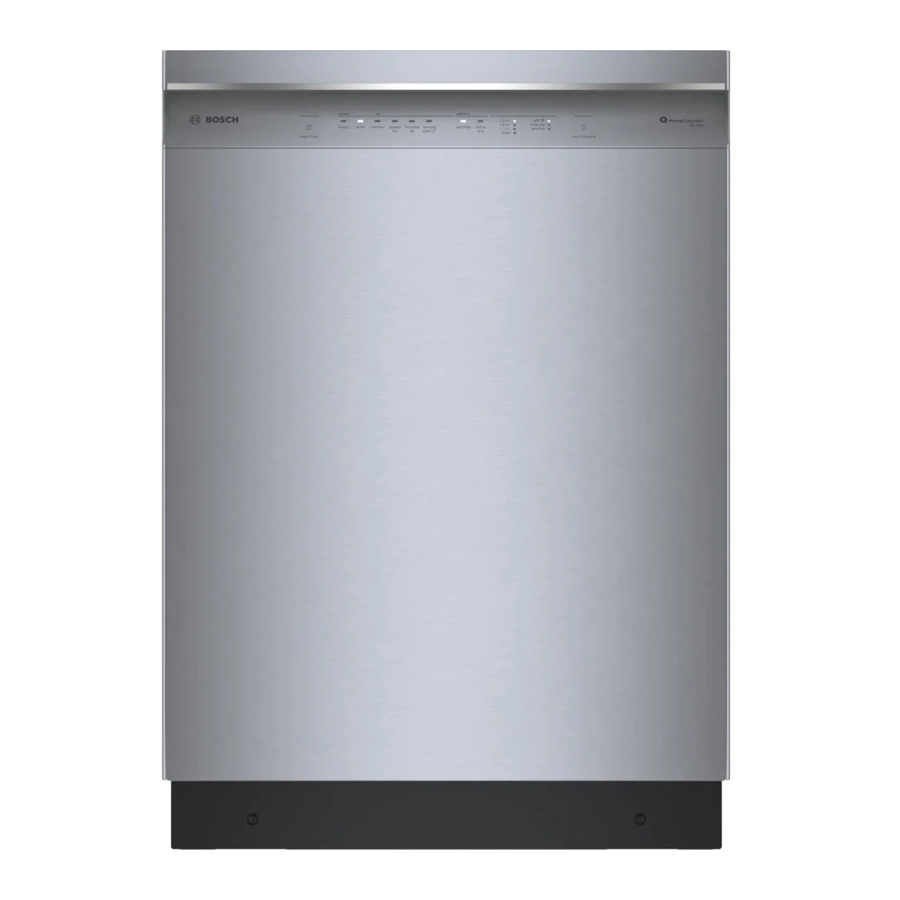Bosch FAP-OC 500Series Manuale d'uso e manutenzione - Pagina 9
Sfoglia online o scarica il pdf Manuale d'uso e manutenzione per Lavatrice Bosch FAP-OC 500Series. Bosch FAP-OC 500Series 27. Built-in wall ovens
Anche per Bosch FAP-OC 500Series: Manuale di istruzioni per l'installazione (21 pagine), Manuale di istruzioni per l'uso (40 pagine), Manuale di installazione (6 pagine), Informazioni sul prodotto (40 pagine), Manuale di installazione (28 pagine), Manuale d'uso (48 pagine), Manuale d'uso (48 pagine), Manuale di installazione (28 pagine), Manuale d'uso e manutenzione (44 pagine), Manuale di installazione (32 pagine), Manuale d'uso e manutenzione / Istruzioni per l'installazione (40 pagine), Manuale di riferimento rapido (4 pagine), Manuale di installazione (24 pagine), Manuale di installazione (32 pagine), Manuale d'uso e manutenzione (24 pagine), Manuale di installazione (28 pagine), Manuale di servizio (41 pagine), Manuale d'uso e manutenzione (21 pagine), Manuale di installazione (32 pagine), Manuale di servizio (36 pagine), Manuale di installazione (32 pagine), Manuale di avvio rapido e di sicurezza (13 pagine)

